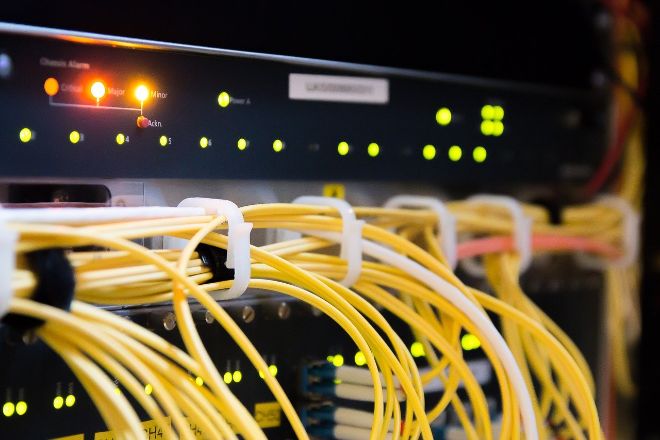The European Union is currently discussing a reform of its intermediary liability rules, with a view on drafting a new Digital Services Act. The existing rules in the E-Commerce Directive offer a safe harbour from liability for certain intermediaries which are central to the functioning of the internet. A safe harbour for intermediaries is one of the regulatory cornerstones that protect contributing to innovation, creativity and free flow of information, as emphasised, for example, in the NETmundial Principles. As opposed to US safe harbour protections of intermediaries, the European rules apply horizontally, with a single set of rules that cover all forms of liability, including for example civil and criminal liability, for all forms of content. At the same time, these rules are under pressure. We will discuss a subset of intermediaries, which can broadly be called “non-hosting” intermediaries. We look at selected examples of functions related to the domain name system (DNS), content delivery networks (CDNs) as well as search engines and linking. Traditionally, these intermediary functions have been less visible in content-related debates but this has changed more recently.
In the ongoing content regulation debate, both in Europe and abroad, much focus is (rightly) on the role of gatekeeper platforms, we want to contribute to the discourse in the legal and the Internet Governance scholarly community and nuance it with a perspective on the role of non-hosting intermediaries in content regulation. Conceptually, intermediaries at the infrastructure or logical layer of the internet are much further away from content, compared to their hosting counterparts. Yet, we observe a shift in the narrative around these intermediaries: domain registries, for example, have –voluntarily– modelled notice-and-action regimes akin to platforms, partly going beyond the technical abuse of infrastructure and addressing content abuse. Rights holders have taken CDNs providers to court in order to test their liability exemption.
Participate via Zoom: https://uio.zoom.us/j/68909499984
